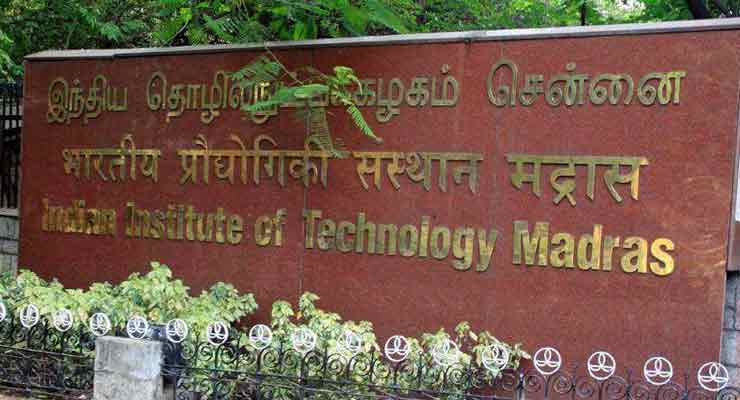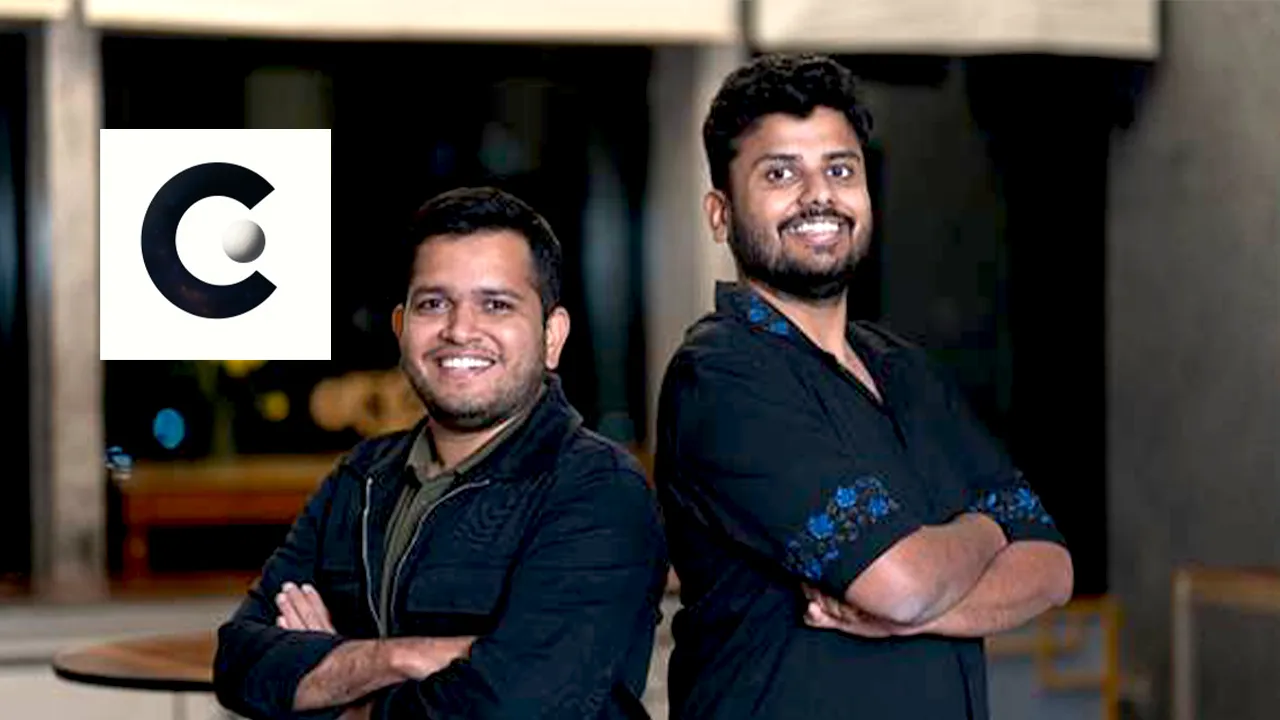IIT-Madras faculty founded 94 startups valued at Rs 1400 Crore

Faculty members at the Indian Institute of Technology (IIT) Madras founded at least 94 businesses with a combined valuation of over Rs 1,400 crore, ranging from a startup aiming to make hybrid aerial vehicles to others working on converting waste to crude oil and efficient water transportation solutions.IIT faculty members, according to officials, have established, coached, or advised over 240 firms in the last decade, with a combined worth of Rs 11,500 crore. In October of this year, 94 enterprises were directly created by IIT-Madras faculty members. Based on financing from angel investors or venture capital firms, these startups have a combined worth of around Rs 1,400 crore. The number of faculty-founded firms increased dramatically from 37 in April 2017 to 69 in June 2019, 80 in 2020, and 94 in October 2021, according to statistics released by the IIT Madras Incubation Cell (IITMIC).
The IIT Madras Incubation Cell, one of India’s major deep technology startup centres, incubated these firms. A total of 77 faculty members from the institute’s various departments were involved in the launch process. According to the IITMIC, this statistic represents about 13% of the institute’s overall faculty strength of around 600, which is on par with the greatest universities in the world. A startup is developing hybrid aerial vehicles, which will be capable of vertical takeoff and landing as well as long-distance flying to transport cargo and passengers, eventually leading to air taxi operations. Another is developing mini-launch vehicles for putting micro- and nano-satellites into orbit.

Among the prominent startups are one that aims to develop micro-gas turbines for decentralised power generation and another that aims to turn any type of trash into crude oil, from municipal solid waste to agricultural waste. Another company wants to build earth observation satellites with multi-sensor fusion and in-space edge computing. IIT Madras Incubation Cell Chief Executive Officer Tamaswati Ghosh remarked, “More than 12% of institute professors are co-founders of incubated firms in a variety of globally essential sectors. This demonstrates our capacity to apply cutting-edge scientific breakthroughs in the field.”
The Departments of Electrical, Mechanical, and Civil Engineering have the most associated startups or spin-outs, followed by Aeronautics and Applied Mechanics. “A number of faculty members are participating in many startups, either as founders or mentors,” Ghosh explained.”Setting up a deep tech firm is difficult, and the time it takes from idea to market might be as long as 4-5 years. It can take up to two years to move from the lab (post-research stage) to an incubator. Between the lab, the incubator, and the first investor, a startup faces a “valley of death.” Most academics struggle to transition from the lab to the incubator “Gopalakrishnan-Deshpande Centre for Innovation and Entrepreneurship Chief Executive Officer Raghuttama Rao (GDC).









